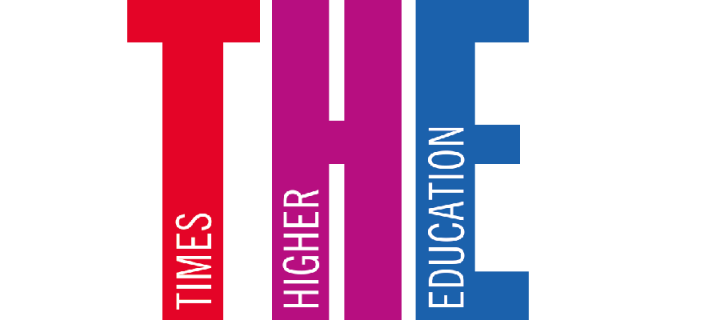Scholarly papers published in journals with high citation rates did better in the UK’s Research Excellence Framework (REF), although 4*-rated research could also be found in less prestigious publications, new research suggests.
Analysing the quality scores of more than 96,000 research papers submitted to the 2021 REF exercise, researchers from the University of Wolverhampton identified a “positive correlation between expert judgements of article quality and average journal citation impact in all fields of science”, according to a new paper in the Springer journal Scientometrics.
That correlation meant that “in all fields, an article in a substantially above average citation impact journal has a reasonable chance of scoring 3* instead of 4*”, explains the study, whose results are likely to revive debate about the usefulness of journal impact factors (JIFs) in assessing research quality.
Critics of the controversial metric, which was originally invented to identify influential publications in a discipline, have long argued that JIFs are an unreliable way to assess research quality. According to the San Francisco Declaration on Research Assessment (Dora) signed by thousands of scientists since 2012, impact factors should not be relied upon in hiring, promotion or funding decisions.


